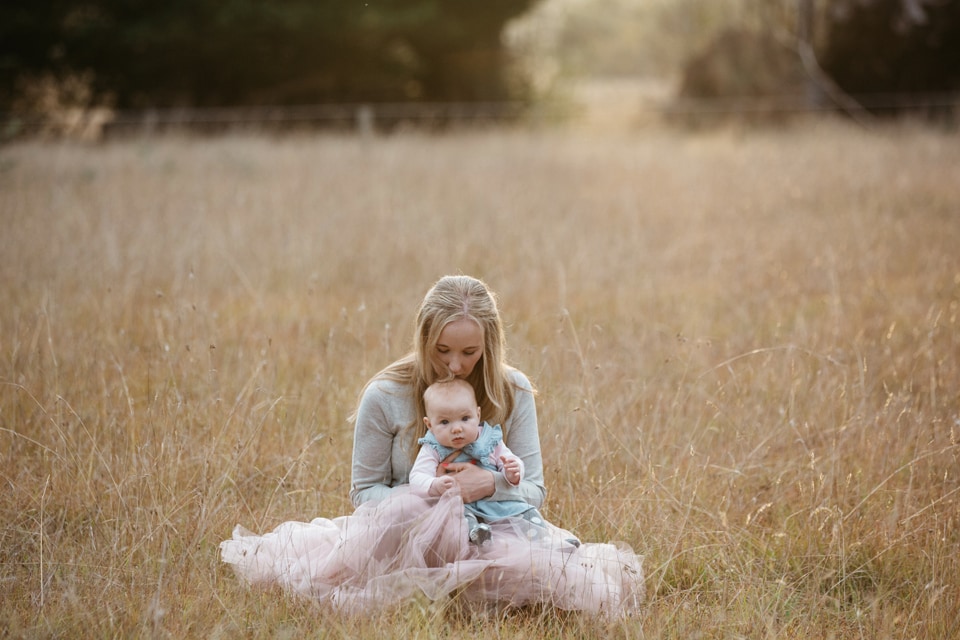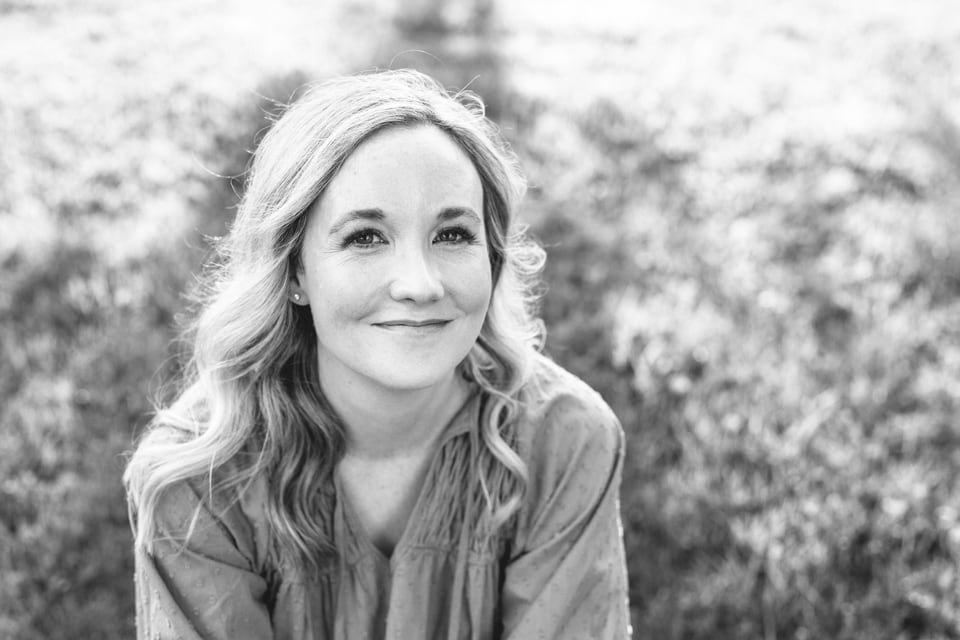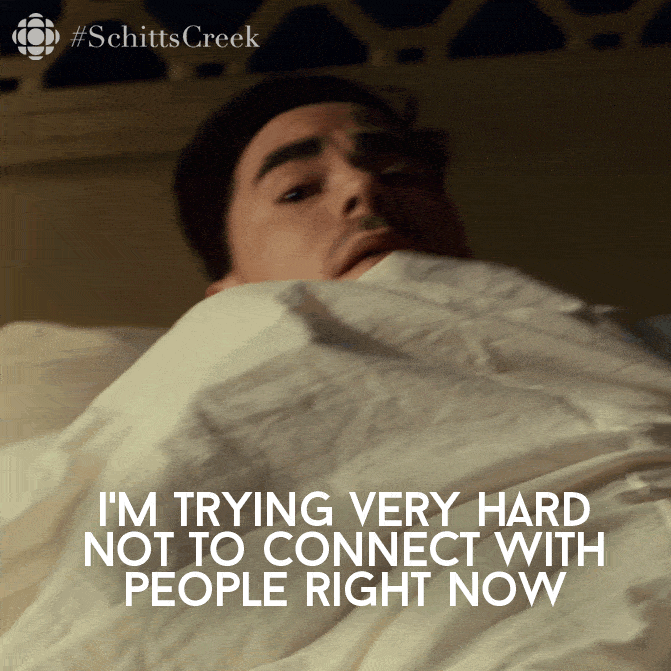Last week I shared a few thoughts about EMDR for birth trauma.
Seeing as though this topic comes up a lot as well, I thought I’d cover birth debriefs this week. Is something I answer weekly emails about, and it’s covered in my birth trauma training for birth workers course, but I thought it might be useful to cover it here too.
If you prefer to listen, I’ve shared this week’s download on the mum as you are podcast
To be upfront, I do offer birth debriefs myself. They are often a good option when someone wants support but isn’t sure if or when they want more targeted trauma therapy. Remember that the majority of people who experience a traumatic birth won’t necessarily develop PTSD.
However, not all birth debriefs are created equally. In Australia at least there’s no real clear consensus on what that is, who is skilled to do it or if it’s even helpful.
Psychological debriefs became the gold standard for a while after critical incidents – so natural disasters, shootings and other major events.
If you look at the research, some claim that it is helpful, others claim it doesn’t really do anything, but at least it does no harm,
Others claim that it does do harm, and actually increases the risk of people developing long-term psychological symptoms. Suffice to say the evidence is mixed.
A birth debrief isn’t quite the same as critical incident debriefing. For one, it should just be the birthing person and their partner or support person. It’s about active listening. To truly listen and not be thinking about what you’re going to say next is an absolute art form.
It also involves sharing – maybe that’s going over birth notes with a care provider but that would depend entirely on the birthing person.
I’m often saying that birth workers are our emotional first responders. The first person who made me feel ‘seen’ as my own first traumatic birth was unfolding was an anaesthetist who held my hand. In my second birth it was my photographer and doula. A psychologist or counsellor is typically not the first person who will hear your story, so these emotional first responders are gold.
Going over the birth with the midwife or OB who was there might be helpful, but if either of you feel like you need to censor things, then this complicates things. Sometimes, the nature of the trauma is interpersonal and facing someone who made you feel unsafe or disrespected in birth can be another trauma. This is why an independent party like a psychologist or counsellor might be a better fit.
My concern with debriefs is that you’re activating the trauma, but not necessarily processing it. For some people, speaking about birth will take them right back to the experience and it will feel like it’s happening all over again right now. For some people, they’ll be able to cope with that level of activation and process things as they speak. Compassion, validation and reframing with a growth and strength mindset all help here. But for some people, that level of emotion and fear that becomes activated will be outside their window of tolerance. It might be obvious with signs of pressured speech, crying and over breathing. However, less obvious trauma responses like dissociation can be harder to spot. In fact, to the untrained clinical eye I’d argue that you can easily mistake dissociation or a ‘fawn’ (people pleasing response) for ‘calm’.
It’s unethical and unkind to leave people more distressed than they were before they met with you. Without assistance to contain and ground these experiences, some people will feel worse than they did before the debrief and blame themselves.
I think wanting to offer birth debriefs often comes from a good place, and people generally don’t set out to harm others. Sometimes people offer debriefs out of a need to “do something” and then the client just thinks this is what you’re supposed to do to move forward.
Conversely though, offering a debrief can be a way of communicating that this is an event worth talking about. I never, ever want people to think that there’s just nothing you can do after a traumatic birth, or that they have to wait to talk to a mental health professional.
Debriefs can be helpful when people are seeking independent childbirth education for a second or subsequent birth. But we need to always be careful that we aren’t giving the assumption that once you’ve had a debrief you should be fine.
There is also a risk of vicarious trauma to facilitators – particularly if there’s no adequate support or supervision. There is also the possibility that a debrief at a hospital is confused with a grievance or complaint procedure, and it’s less about listening and more about managing possible litigation.
An effective birth debrief
It goes without saying, but an effective debrief is completely voluntary, with the risks and benefits of participating made clear. Organisations should never be ‘making’ people attend debriefs under the guise of helping when the intent is actually litigation management.
All involved should be aware that a birth debrief alone does not actually prevent you from developing PTSD. A single birth debrief shouldn’t be considered ‘treatment’.
Birth debriefs should not be too open-ended.
A trained facilitator must be confident in being able listen but, also to attend to and manage trauma symptoms if they arise. If you don’t have the qualifications to do that, and you suspect someone has PTSD, then there must be a clear path for follow up. You want to offer support through grounding strategies and compassion. You also need to be able to say “this is outside my area of expertise, but I know someone who can help you from here”








